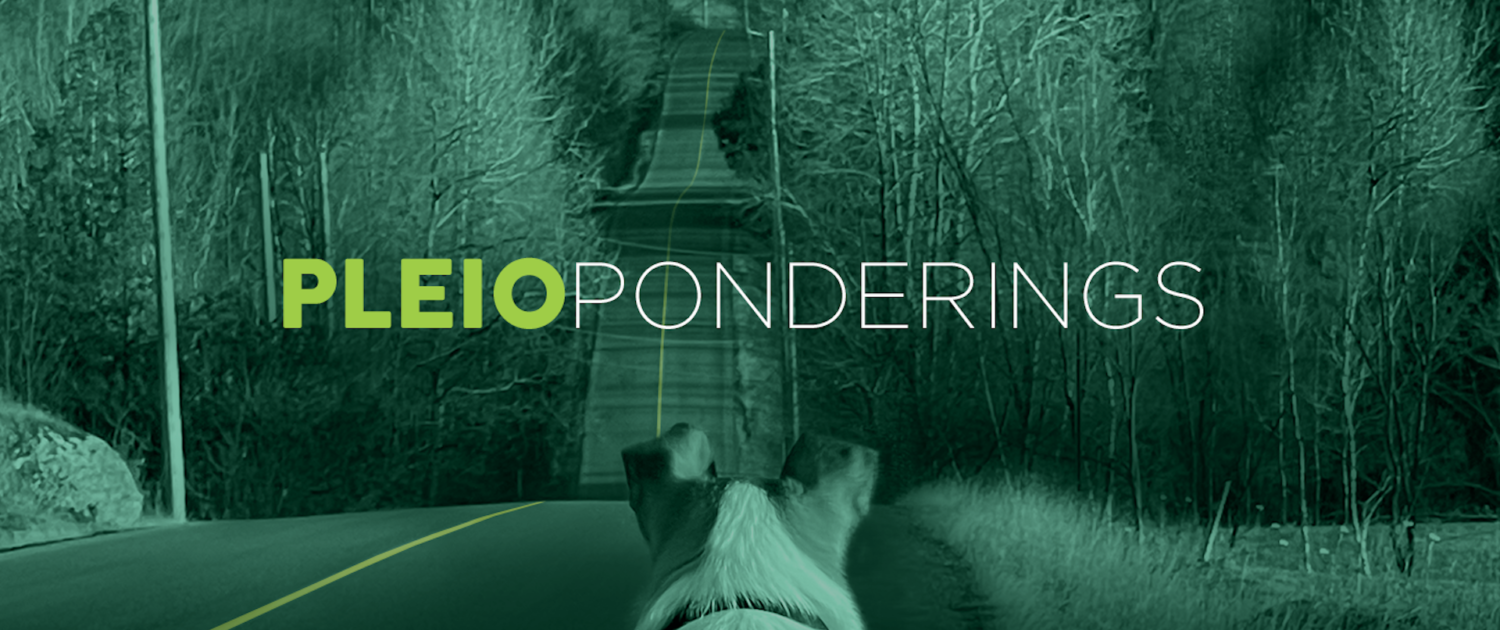This One is for the Birds
From the beaks of beauty comes birdsong in the morning, not just to entertain us but to light a lilting way out of loneliness.
It’s said that only male birds sing. This, of course, is incorrect. Many female birds of multiple species find their voice across the globe, specifically throughout the tropics and in Australia and South America. Females even sing duets with their male partners. It’s not surprising this inaccuracy is so widely believed; humans know very little about birdsong.
Some ornithological theories are accepted across the board, though. For instance, birds aren’t born knowing songs; they mostly learn them in the nest. Because of this, the majority of birdsong is regional, born from the place a bird is raised, their music a lovely, invisible fingerprint left on tiny feathers. Each song a rally call. A lilting stadium football chant that binds our winged friends to community. Every tune from the flock travels far from the nest, on the wing, even while alone. To sing is to share a small piece of home.
Indeed, it’s been theorized that birdsong in the morning is a message; to audibly signal that each member of the flock has made it through the dark night. Regardless of its truth, it’s a beautiful sentiment: Hello, world. I am here. I am safe on this beautiful day.
In times of trouble, humans often ignore this lesson. When our mental health falters and trips up, we draw inward. ‘Check in on your friends’, we say to each other. Why do we not tell each other to get out there? To make yourself known to neighbors, friends, even strangers—potential future friends—in the community.
Does it feel invasive? Preachy? We should be encouraged to be like a bird. Emerge from the darkness and let your voice be known. Share your status. Share your songs. Learn the notes of others. Lend your voice to the world—not on social media but on the street—so that you may be a part of it. We are the songs we share, and we are stronger for it.
From simple game nights with friends to joining a sports team, the ways in which community supports us is as varied as it is simple. Because here’s the beauty of it: the act itself—not the method—is what helps us heal. The process is the cure, for lack of a better word.
You don’t need to win Settlers of Catan or a chess match to feel better. You just need to share the rollercoaster joys of the game. A soccer team can go zero-for-five and still find camaraderie in post-game drinks. This is how we sing our song. And it’s how we learn more.
Some birds will only ever learn one song. A song sparrow sings ten or so songs, while brown thrashers sing as many as 2,000. Some sing dozens of notes per second. The 103-note phrase of the wren comes off in a smooth procession less than nine seconds in duration. And when it comes to breath control, Eminem and Louis Armstrong have nothing on some small species of songbird, which can emit as many as 30 breaths per second. This championship display of avian circular breathing is bigger than lyrical athleticism. This isn’t a freestyle rap battle or exploratory jazz odyssey. It’s magic.
Listen. Soak up the lilt, the floating melody diving and climbing through the trees. It’s soaked in emotion. More than a message.
Humans have fixated on birdsong for a long time. Aristotle studied it. Medieval musicians imitated it, arguably building a foundational corner of modern musical theory. Many of us flock to parks and aviaries to hear these morning musical meditations. There’s something in birdsong that settles the soul.
We can learn from birdsong. Fellow humans are the antidote to loneliness, yet we often embrace solitude when it hurts us most. There’s nothing wrong with a selfish solo movie night, or an afternoon spent in Goblin Mode, without concern for one’s self-image. Put on those PJs and say goodbye to the world. But after a short period, you must come out of the cave and harmonize with our fellow humankind, even if it’s a sad song. Even if we can’t sing and it’s merely a throaty croak.
Pleio understands that as humans we all need to lean on others for support from time to time. That’s why we offer a unique, human-first approach to supporting patients onto therapy. Learn more at www.pleio.com.


